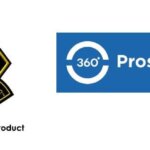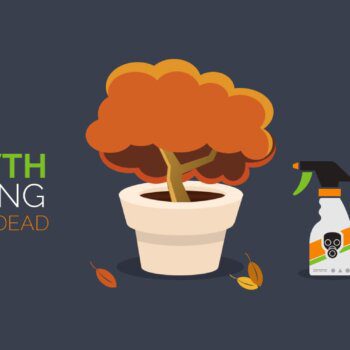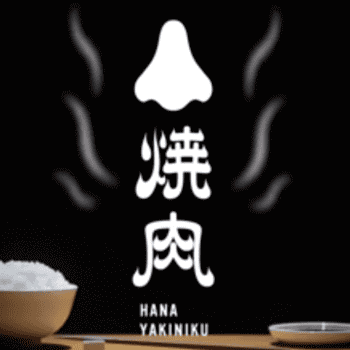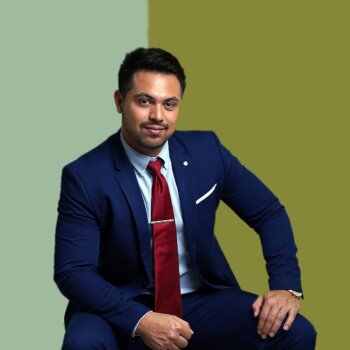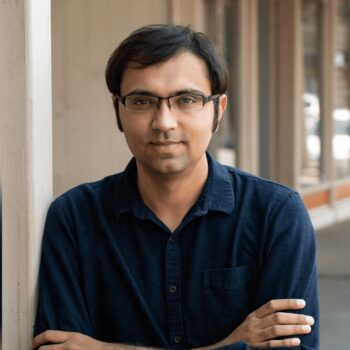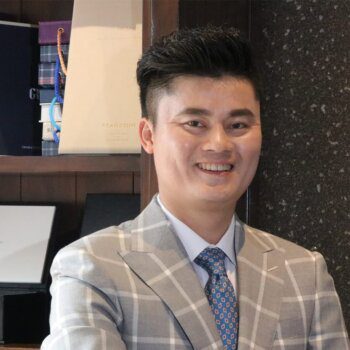What’s your story?
I am Mexican, born in France, and raised in the various countries in which my parents were sent for their diplomatic careers (Brazil, United States, Singapore, Ireland, Israel, Malaysia, Taiwan). Moving around the world every few years made me quite adaptable to changing environments, a characteristic that is reflected in the fact that I have worked in many different industries. I have done field work with NGOs, research with multilateral organizations, business development with private firms, data analysis with financial institutions, creative work with advertising agencies, and writing in news magazines. Overall, I love meeting new people and learning new skills.
What excites you most about your industry?
I have just recently set a foot in publishing, an industry that has always fascinated the avid reader and book collector in me. I find publishing to be particularly interesting in Singapore because it is much richer and diverse than most people think; there are a lot of interesting and talented people out there who write books, illustrate stories, create poems, open book shops, or organize readings and meet-ups. They may not be as visible as shopping outlets or as financially powerful as banks, but I feel they are just as important in helping Singapore attain its global leader status.
What’s your connection to Asia?
I first arrived in Singapore in 1997 when my parents were sent here. In 2004 I came back for an exchange year at NTU and then in 2010 I moved back with my wife. You could say that many of the roads I have taken in my adult life have somehow led back to Singapore, where I know I can reunite with all the local friends I have made over the years and connect with new people who have just settled here.
Favourite city in Asia for business and why?
Throughout my career in Asia, I have only ever done business in Singapore, where I already have many friends, ex-colleagues, and business contacts. This position has given me a solid base to launch projects, develop partnerships, and seize opportunities that may not have been available to a foreigner elsewhere in Asia. The fact that English is widely spoken, that transactions are secure, and that public institutions are accountable also creates a very favourable environment. True, there are some discouraging bureaucratic constraints along the way, but I think learning to navigate the system is an important part of doing business, whichever the country.
What’s the best piece of advice you ever received?
The main lesson my parents have always taught me is that I should always do things well. Whether it is a school project, a career plan, or simply a hobby, there is no point in starting something you will not finish, in doing something you will not be proud to have your name on, or in undertaking something that will not live to its expectation. This does not mean striving to do everything perfectly or not accepting failure as part of the learning process, but making sure that all projects and tasks are done with all the energy and effort that they deserve.
Who inspires you?
My parents are my biggest inspiration for many different reasons. They do not come from a long line of diplomats or business men. They did not attend fancy private schools. They did not have start-up capital to start a business. They did not have any savings that would buy them time to find their true calling. They started their careers wherever it was that they could start and worked hard to acquire the skills that little by little took them closer to their objectives. Whether it was finding scholarship programmes to go to university or learning languages to be able to move, they seized the opportunities that were out there and made them their own.
What have you just learnt recently that blew you away?
On top of reading all types of books and magazines I come across I also watch all sorts of TV shows and movies. I have just recently watched the entire Marco Polo series which is highly entertaining despite its fair share of narrative imperfections and historical inaccuracies. The show got me hooked on learning more about the history of the Mongol Empire while its soundtrack led me to discover a few very interesting musicians who combine traditional throat singing with hip-hop and jazz.
If you had your time again, what would you do differently?
From a business point of view, I would perhaps try to save precious time by being more familiar with administrative processes and bureaucratic red-tape. I spent a lot of time discovering things as they came up or relying on someone else’s advice, when I could have avoided a lot of headaches by anticipating potential roadblocks and planning accordingly.
How do you unwind?
Most of my free time is devoted to music. If I’m not organizing events with my friends from the Kilowatt Soundsystem I’m listening to new artists on music streaming sites, if I’m not visiting vinyl record shops I’m organizing and classifying my new music into playlists for upcoming parties.
Favourite Asian destination for relaxation? Why?
Sadly I have less and less time to travel for leisure, but as a city guy I am a big fan of exploring huge capital cities and getting lost just wandering around with headphones on. I find Bangkok, Tokyo, and Seoul to be ideal for that.
Everyone in business should read this book:
I know a lot of people don’t have time to sit down to read for a couple of hours, so I will recommend a couple of podcasts: Dan Carlin’s Hardcore History and NPR’s Planet Money. The first one touches on all sorts of topics (history, war, mythology, religion) and includes details that history books often skip over in order to keep things clean and simple. The second one discusses amazing stories, people, or events within the worlds of business and finance.
Shameless plug for your business:
The latest project I am working on is Quaint Quarterly, a new independent print journal focused on long-form articles and eye-catching illustrations. Curated from the four corners of the web, all the content is handpicked for readers who want to read challenging and insightful materials in a well-crafted format. From opinion pieces to academic papers, from amateur photographers to award-winning painters, the work of the featured thinkers, writers, and artists is a snapshot of all the incredibly thought-provoking content that can be found online and yet does not necessarily reach all constantly-connected people. Issue number 01 is on the topic of Nostalgia and future issues will focus on other compelling concepts such as Progress, Identity, Appetite, Desire, and many more.
How can people connect with you?
Anyone who is interested in purchasing a copy of the magazine, submitting content, or looking for sponsoring/advertising opportunities can send me an email to [email protected] or simply follow the Facebook page to find out about news and events.
—
This interview was part of the Callum Connect’s column found on The Asian Entrepreneur:
Callum Laing has started, built, bought and sold half a dozen businesses in a range of industries across two continents. He is the owner of Fitness-Buffet a company delivering employee wellness solutions in 11 countries and he is also the CEO of Entrevo Asia, a company that runs 40 week Growth Accelerator programs.
Take the ‘Key Person of Influence’ scorecard <http://www.keypersonofinfluence.com/scorecard/>
Connect with Callum here:
twitter.com/laingcallum
linkedin.com/in/callumlaing
Get his free ‘Asia Snapshot’ report from www.callumlaing.com





